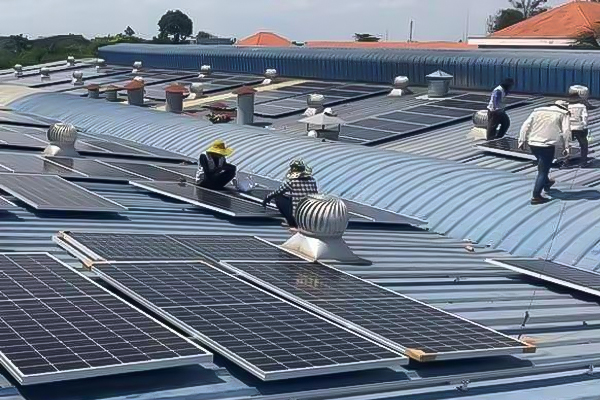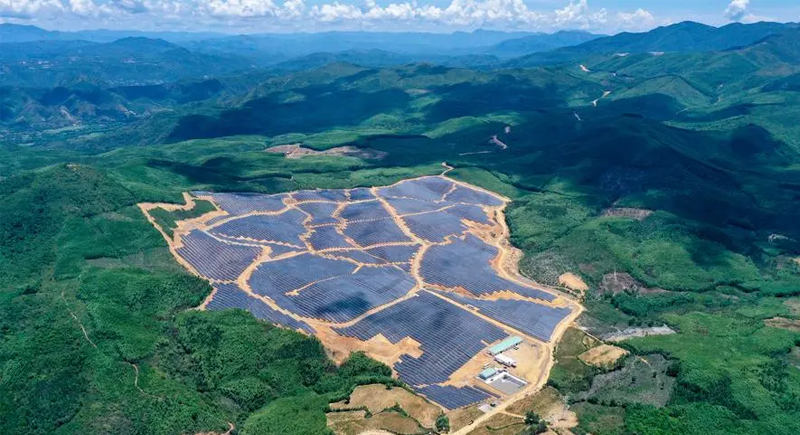VIDEO & CENTER

According to reports on August 13, Deputy Prime Minister Chen Honghe of the Vietnamese government chaired a meeting on the rooftop solar power support policy mechanism on the same day, and reached a consensus on the proportion of self-produced rooftop solar excess electricity sold to the national grid for 20% of the actual installed capacity.
Chen said that in the development of rooftop solar power support policy and mechanism agreement process to ensure the consistency and scientific technical and economic benefits, in line with the "2021-2030 National power Development plan and Vision 2050" (No. 8 power plan), adhering to the highly responsible, urgent spirit to ensure energy security, to meet the needs of economic and social development. Chen asked the Ministry of Industry and Trade to study the rules for issuing rooftop solar power licenses for private homes and office buildings to ensure that the procedures are simple and convenient. Chen pointed out that the development space of rooftop solar power generation in the north is still very broad, and corresponding policies should be introduced to support investment and development in this field, and open up space for self-produced rooftop solar power generation, especially in the northern region. Chen asked the Ministry of Industry and Trade, the Vietnam Power Group and relevant units to examine local and regional load demand, system security and transmission capacity when mobilizing self-produced rooftop solar power connected to the national grid.

Nguyen Anh Thanh, general manager of the Vietnam Power Group, said the current rooftop solar capacity in northern Vietnam is 700 megawatts, while the grid capacity is up to 7,000 megawatts. Du Wennian, a member of the board of the Northern Power Company, believes that rooftop solar energy should be vigorously developed, and the provisions in the draft agreement not only help people save electricity, but also according to the price of excess electricity sold to the national grid, about 5-6 years to recover the investment capital, and the current service life of solar panels is 12-15 years.














